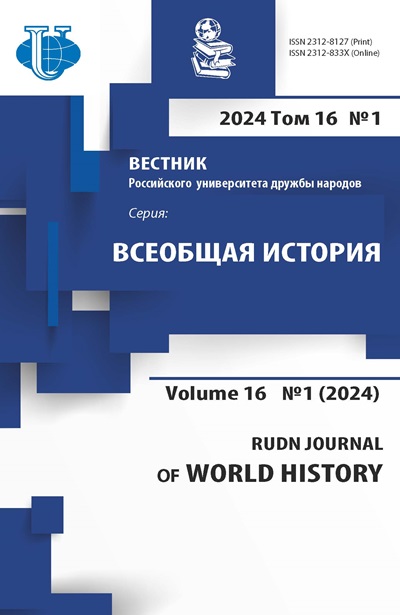THE FLAVIAN DYNASTY AND THE ROMAN LAND CADASTER
- Authors: Gvozdeva IA1
-
Affiliations:
- Lomonosov Moscow State University
- Issue: No 3 (2014)
- Pages: 58-66
- Section: Articles
- URL: https://journals.rudn.ru/world-history/article/view/1047
Cite item
Full Text
Abstract
The Flavian dynasty had systematically affected all the standards of the Augustus’. Guided by special “law of land pieces” - ius subsecivorum , which was developed by Augustus, Vespasian organized in Italy a large-scaled census of territories. Its task was to reveal some pieces of land, which were illegally occupied, and to sell them for benefit of the fiscus. The results of this inspection showed that the agrarian situation in Italy was so tangled, so even ius subsecivorum did not guarantee that the status publicu s would be observed. Vespasian and Titus transferred this inspection on the ager publicus of the veterans’ colonies in the provinces, so, they supplemented the fiscus. After analysis of the controversial status of different kinds of territories in Italy, Domitian made a crucial decision to grant all the land pieces to their owners and to transform these rests of publicus into private property, abolishing the variety of juridical categories on the Italian territories.
About the authors
I A Gvozdeva
Lomonosov Moscow State University
Email: tbgvozdeva@rambler.ru
Faculty of History
References













